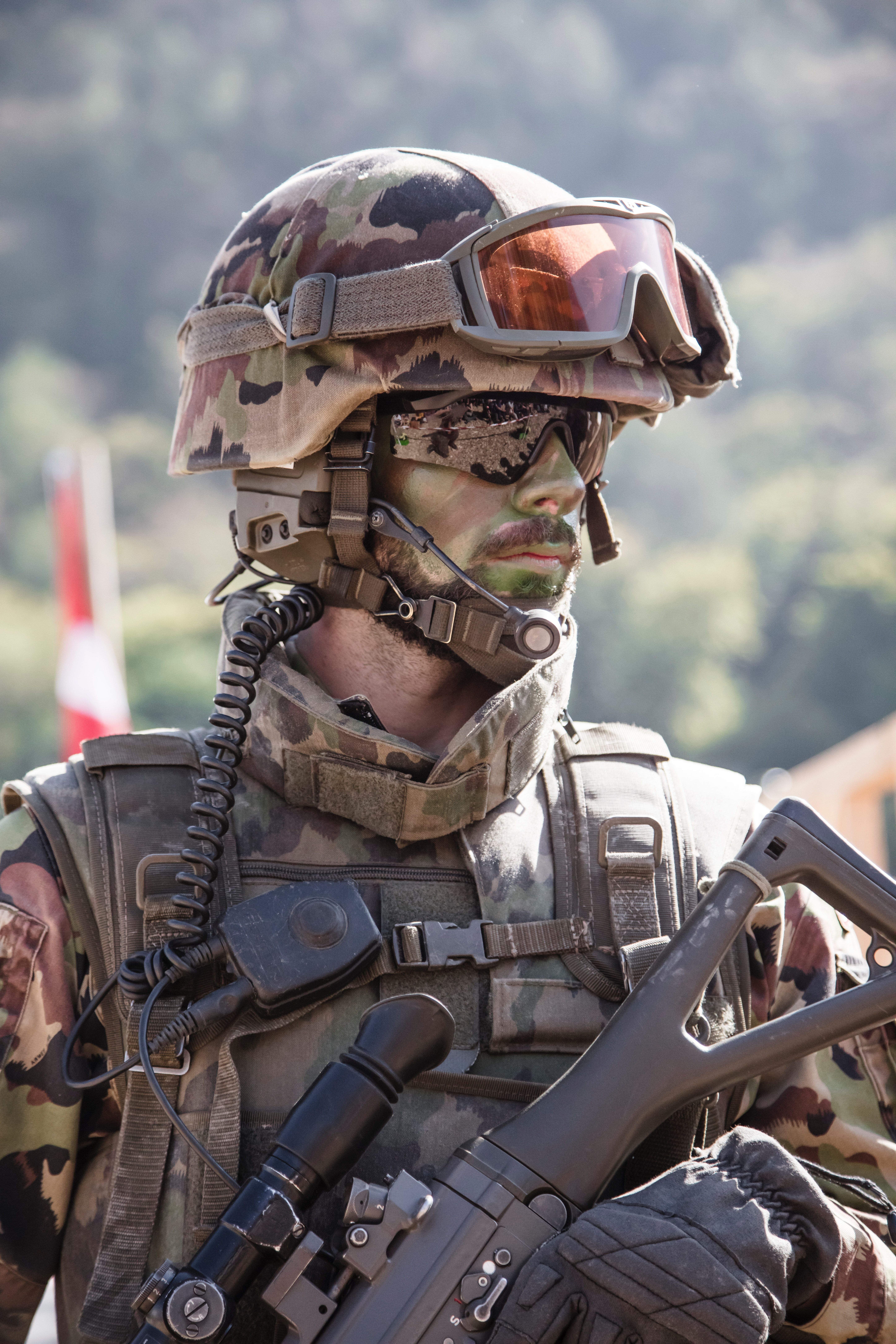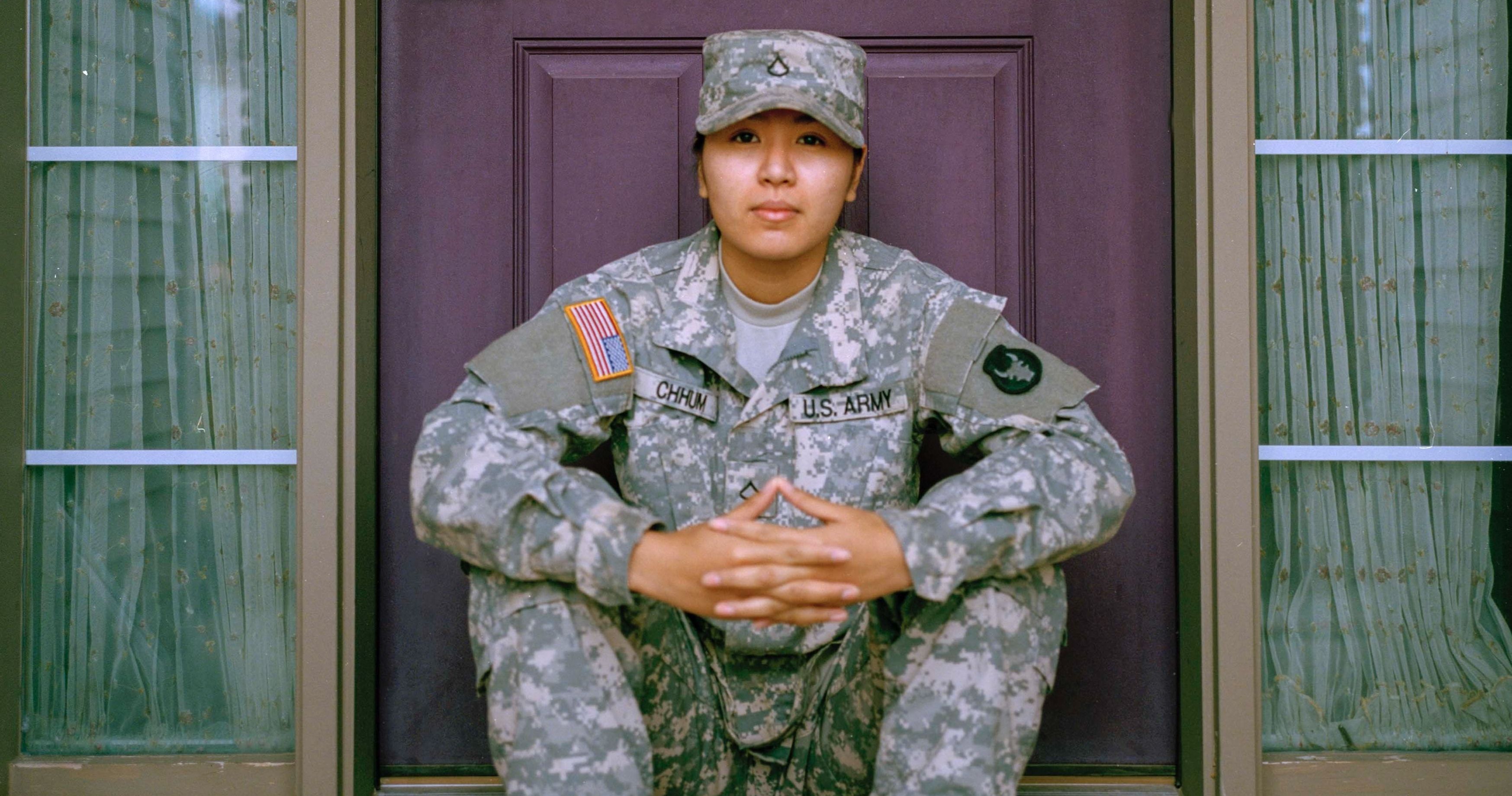Veterans have extensive sets of skills that can benefit the corporate world immensely as long as a resume is translated to show these skills ideally. A military-to-civilian resume isn’t very different from the traditional one as it only needs to be skillfully tailored by someone with great resume writing services to make sense in the corporate world.

The information to include is similar to that of a civilian resume. You have your educational background, professional experience, soft skills, and other relevant items such as certifications and/or awards. The ideal is to show recruiters that even with military training, your skills can be transferred to a civilian setting. Most of the time, a good resume writing service online will do this perfectly. You just need to provide all the information that pertains to your training and work experience to get a well-translated final document.
Tips for Military-Civilian Resume Writing
The first step would be ensuring your training and experience match the job. Then you can proceed to align your experience with the set requirements.
Decode the Military Lingo
Recruiters are going to skim through lots of resumes, and so one of the ways to make sure your gets spotted and given enough attention is by using their language. If you aren’t sure of the best terms to use, then it’s best to consult a resume writing service online. The wording should show you to be in touch with the world outside of your military setting without watering down your experience.
Simple, standard language will show your ability to communicate to people at all levels, which is essential in leadership. A useful tip that works well is creating the first draft in the language you best understand, then decoding those military-specific terms in the next. The simplified version will be the one sent out.
Describe your Skills in Civilian Terms
You have sets of skills and accomplishments that may not make sense to civilians when mentioned without explanations. It helps to break them down in the language they understand. Your tours and what you accomplished while on them is yet another area of appreciation that might show your leadership skills ideally if shone on properly.
Education is yet another area that you can shine. The military courses or workshops you took that give you an upper hand are essential to include in detail. For accomplishments and other certifications, you don’t want to be shy. Let them be known since you worked for them. If you have participated in volunteer jobs aligned to this job, let it be known.
Narrow Down Your Skills
Veterans are trained on several fronts, and so they have broad sets of skills. When applying for a job, you may rightfully feel like you could fit anywhere in the organization because you know how everything runs. This, while true, may hurt your chances of getting the job because your resume is not job-specific. You want to look at the skills required and pick one that you can execute perfectly, then apply for it.
The job description set out on a job advert is what the employer will concern themselves with when looking at CVs, so tailor yours to mirror the description. If you incorporate the necessary keywords as per the job description, you can count on catching the recruiter’s attention.

Remember to be Brief
Whether you use a resume writing service or are doing it yourself, you want to remember brevity. Potential employers and recruiters have many resumes to get through with each job advert, and so they will always skim through. If your CV is organized neatly and quite brief, it will have better chances at being checked out and given more attention.

